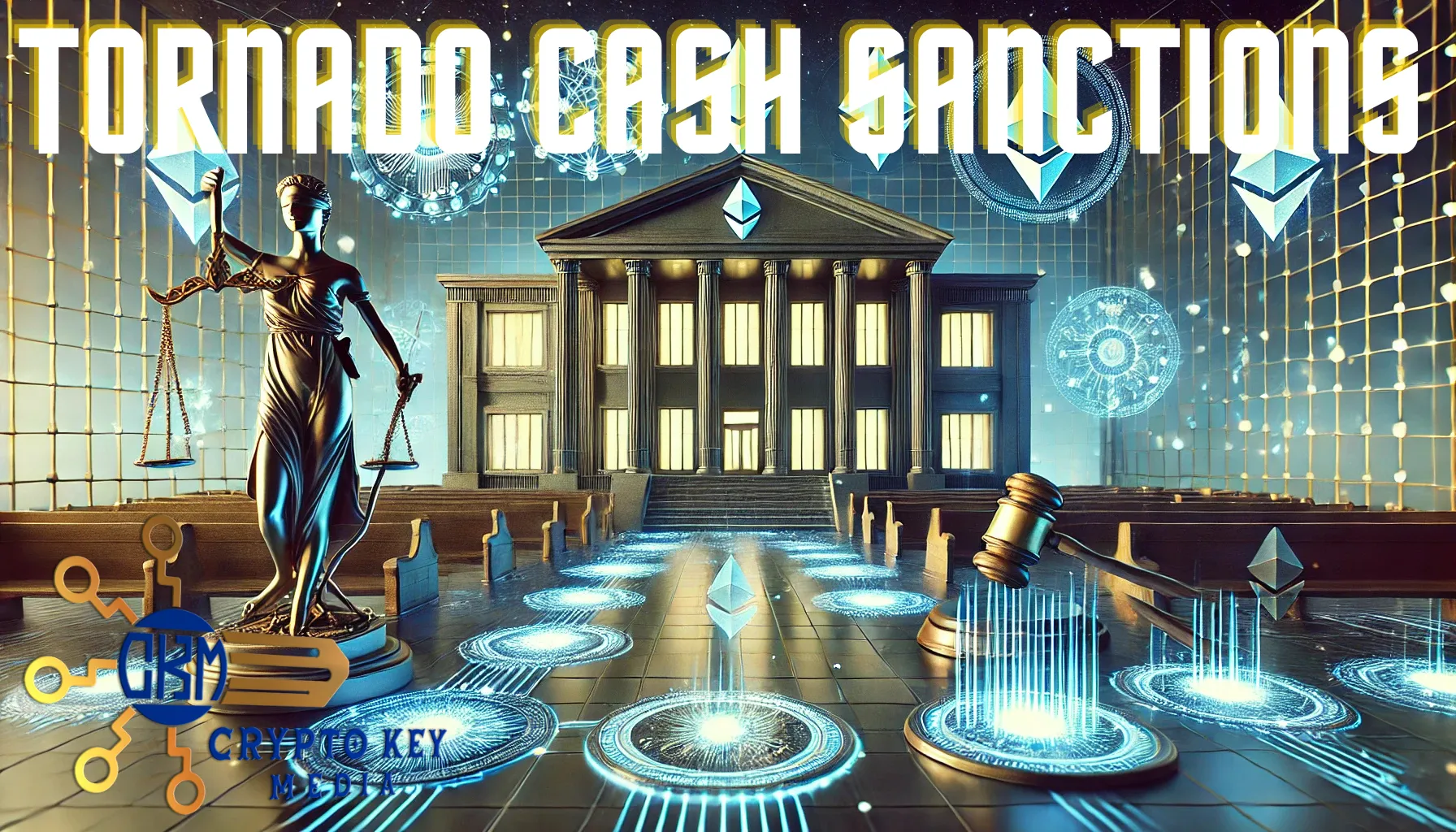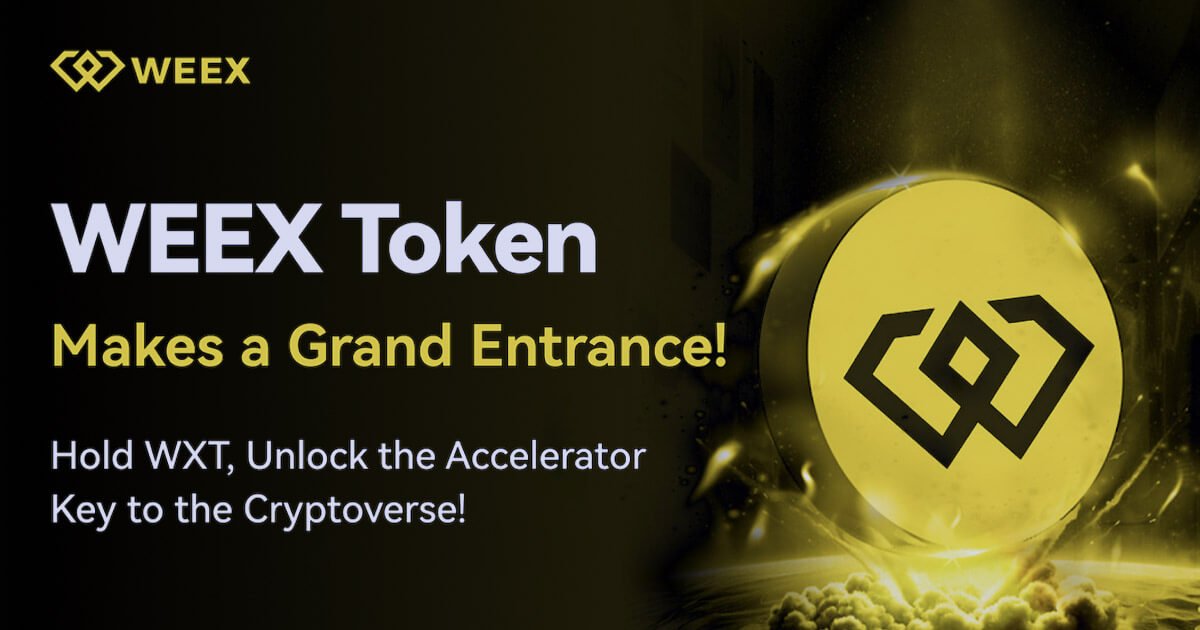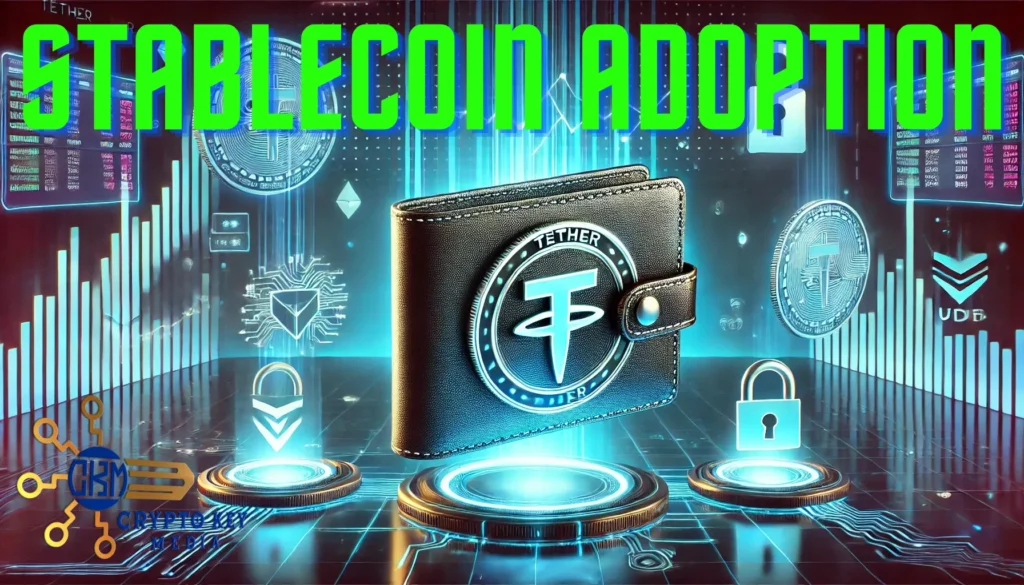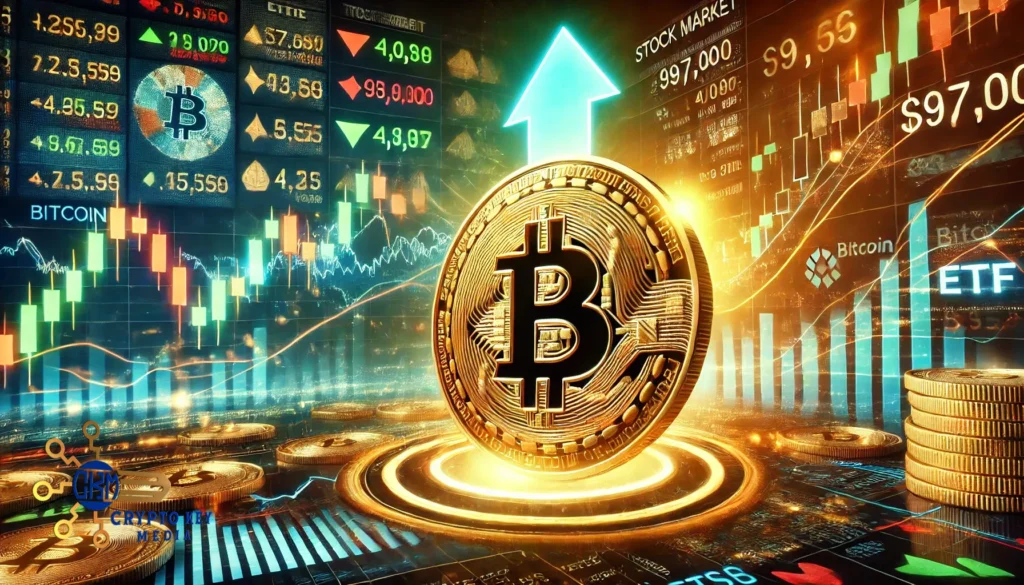
The Sanctions on Tornado Cash have been overturned in a historic decision by the U.S. Court of Appeals for the Fifth Circuit on November 26, 2024. This ruling reshapes the regulatory landscape of cryptocurrency and establishes critical legal precedents for privacy-focused decentralized technologies.
By challenging traditional interpretations of property under the International Emergency Economic Powers Act (IEEPA), the court has sparked widespread debate, offering a fresh perspective on how blockchain tools are treated under U.S. law.
Background: Why Tornado Cash Faced Sanctions
Tornado Cash is a decentralized privacy tool that helps users anonymize Ethereum transactions. Through smart contracts, it mixes funds from multiple sources, making it difficult to trace their flow.
In August 2022, the U.S. Treasury’s Office of Foreign Assets Control (OFAC) sanctioned Tornado Cash, citing its alleged role in money laundering. The protocol was linked to high-profile hacks, including the $100 million theft from the Harmony Horizon bridge, and accused of enabling cybercriminals like North Korea’s Lazarus Group to obscure their activities.
These sanctions sparked controversy, with privacy advocates arguing that targeting open-source tools could stifle innovation and undermine fundamental privacy rights in the digital economy.
Why the Court Overturned Sanctions on Tornado Cash
The Fifth Circuit Court ruled that Tornado Cash’s smart contracts are not “property” as defined under IEEPA. The court emphasized that these immutable, decentralized lines of code cannot be owned or controlled by any entity.
This interpretation dismantled the legal foundation of OFAC’s sanctions, signaling that decentralized tools, by their nature, fall outside the scope of traditional regulatory definitions. The decision has been widely celebrated across the crypto industry as a victory for privacy and innovation.
Paul Grewal, Chief Legal Officer at Coinbase, described the ruling as a “historic win for crypto and all who care about defending liberty.” Discussions on platforms like X (formerly Twitter) highlight the decision’s implications for privacy rights in the digital age.
Implications of the Overturning of Sanctions
1. Privacy Wins, Decentralization Advances
The ruling validates the importance of privacy tools in digital finance, affirming their legitimate use cases while addressing concerns about their potential misuse.
2. Regulatory Frameworks Under Scrutiny
The court’s decision may force regulators to reconsider their approach to decentralized technologies. Traditional frameworks may require updates or entirely new regulations to address blockchain’s unique attributes.
3. Positive Market Reaction
Tornado Cash’s governance token, TORN, surged in value following the ruling. This reflects market optimism about the future of privacy tools in cryptocurrency.
4. Ongoing Individual Legal Cases
While the protocol itself is exonerated, legal challenges for individuals associated with Tornado Cash continue. Alexey Pertsev, one of its developers, was sentenced to over five years in the Netherlands for money laundering, demonstrating that misuse of privacy tools can have serious personal repercussions.
The Broader Impact on Crypto Regulation
The Sanctions on Tornado Cash ruling raises key questions about the future of crypto regulation:
- How will regulators balance privacy with efforts to combat illicit activity?
- Will new legislation emerge to better address decentralized finance and blockchain innovation?
This case sets a precedent that could influence regulatory decisions worldwide. By emphasizing privacy rights and decentralization, it challenges authorities to create fair policies that do not stifle innovation.
Conclusion
The overturning of Sanctions on Tornado Cash marks a pivotal moment in cryptocurrency regulation. This decision redefines how decentralized technologies are understood under the law and emphasizes the importance of privacy in digital finance.
As the crypto industry evolves, this case serves as a blueprint for balancing innovation and regulation. It underscores the need for policymakers to adapt to blockchain’s complexities while ensuring fair and effective oversight. The next chapter in this story could shape the future of decentralized finance and its role in the global economy.
Learn more about our commitment to covering blockchain and crypto news on our About Us page.








